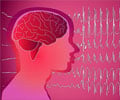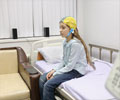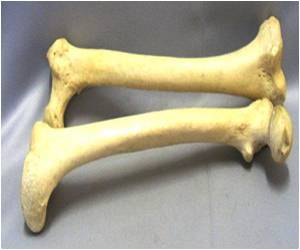Infantile spasms – a rare but serious seizure disorder in babies, are found to occur as a result of genetic mutations in the molecular pathway of the brain region responsible for memory and learning.

‘Infantile spasms – a rare but serious seizure disorder in babies, are found to occur as a result of genetic mutations in the molecular pathway in the hippocampus (brain region responsible for memory and learning). This finding may help in addressing these disorders with therapeutics that target this pathway.’





“We are trying to understand the reasons behind learning and memory disabilities in patients with infantile spasms. The learning and memory deficits are long-lasting and the patients often require assistance at school. This tells us that the seizures and the learning defects are likely caused by different issues in the brain, but no one really knows how,” says Nien-Pei Tsai, a professor of molecular and integrative physiology at the University of Illinois Urbana-Champaign who led the study and a faculty member in the Beckman Institute for Advanced Science and Technology at the U. of I. Genetic Mutation in Pathway
Earlier reports also suggest that infantile spasms are often associated with mutations in a gene called Nedd4-2. This gene is responsible for codes for a protein called a ligase that regulates the excitability of neurons.
To further study the role of the gene and how it affects neuronal growth in cell culture, the team used a mice model with impaired (knocked out) Nedd4-2 gene. It was found that male mice with inadequate Nedd4-2 ligase levels in the hippocampus had impaired ability to learn and remember.
Impaired Synapses in Hippocampus
Advertisements
The lack of Nedd4-2 in the hippocampus disrupted a molecular pathway that regulates the growth of filaments, called actin that is involved in building new synapses (connections). The loss of new connections thereby drove the impairment in learning.
Advertisements
The team then exposed the same mice lacking adequate Nedd4-2 levels to a drug compound that mimics the activity of the ligase in the brain. The mice appeared to regain some of their lost hippocampal-dependent memory. Thus the compound restored hippocampal excitatory neurons in cell culture.
The study thereby also describes the use of a potential therapeutic intervention to address some of the developmental problems that are often associated with infantile spasms.
Source-Medindia















